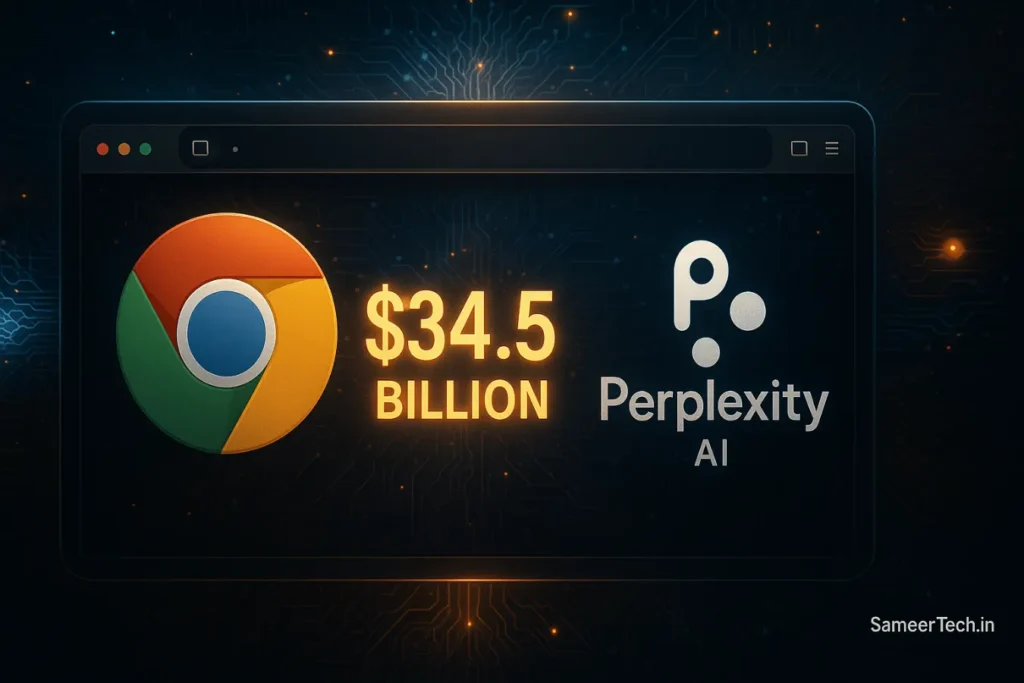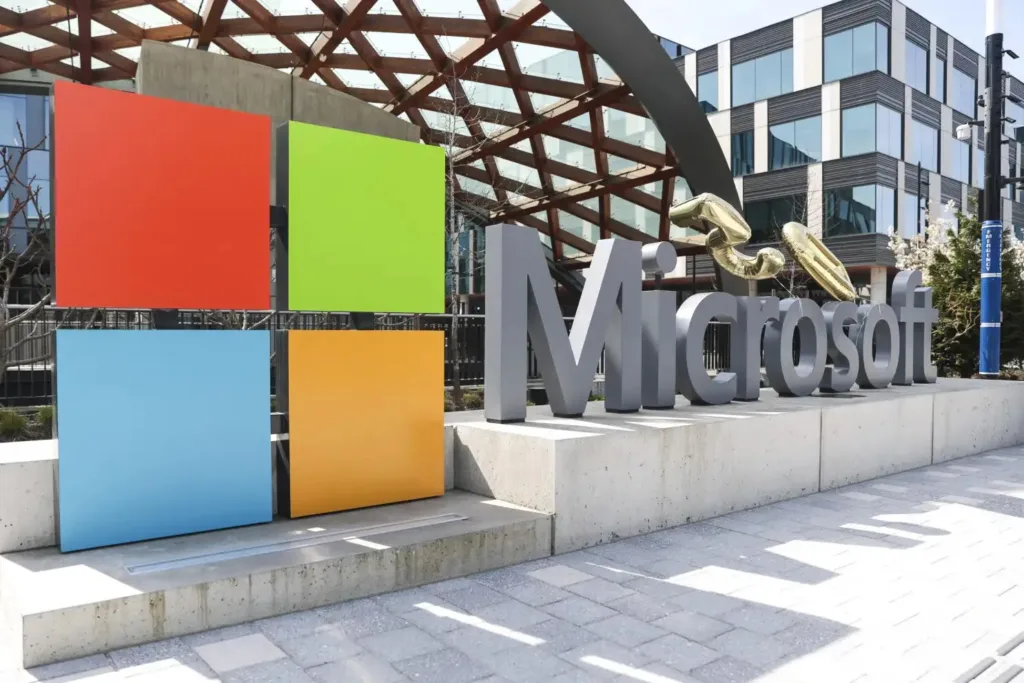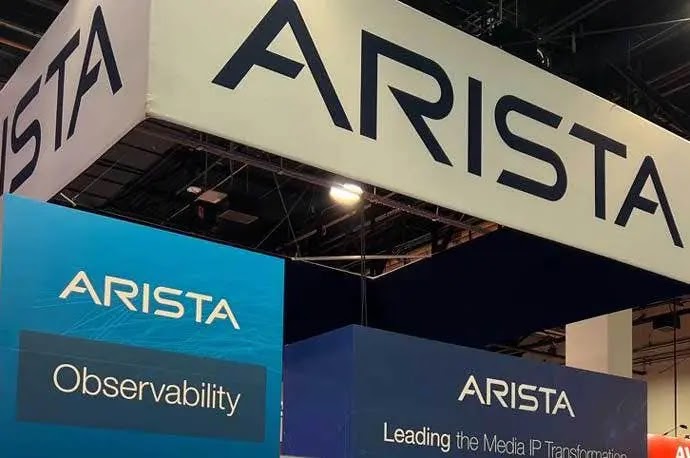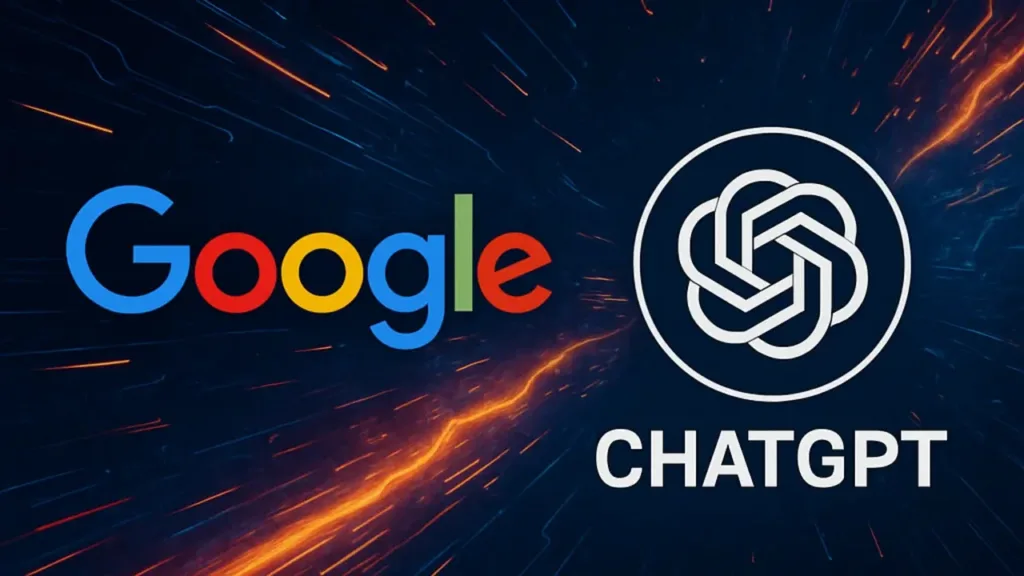
It’s not every day that a startup barely three years old throws its hat into the ring for one of the most widely used pieces of software on the planet. But that’s exactly what happened this week when Perplexity AI, a rising star in the AI-powered search world, made an unsolicited $34.5 billion all-cash offer to acquire Google Chrome.
Yes — that Chrome. The browser that dominates global market share, installed on over 3 billion devices worldwide, and the very tool most people use to access Google Search itself.
According to multiple reports (Reuters, The Verge), this bold move didn’t come after months of negotiation — it came out of nowhere. And while Google hasn’t hinted at any intention of selling, the timing of the offer is striking. The U.S. Justice Department is actively pursuing antitrust measures that could, in theory, force Google to spin off certain products. Chrome is very much in that conversation.
Meet Perplexity AI: From Newcomer to Bold Challenger
Founded in 2022, Perplexity AI has rapidly grown from an ambitious startup into one of the most discussed names in the AI search space. With a valuation hovering around $18 billion (Windows Central), it’s no small player — but it’s still dwarfed by Google’s $2 trillion market cap.
Perplexity’s product is a hybrid between a search engine and an AI assistant. Users can ask questions and get direct, cited answers rather than a page of blue links. It’s fast, conversational, and positioned as a transparent alternative to AI models that make it hard to verify information.
For CEO Aravind Srinivas, the mission has been clear from the start: challenge Google’s monopoly on how people find information. But instead of just fighting over scraps of search traffic, buying Chrome could give Perplexity an unprecedented shortcut — direct access to billions of users who already spend hours a day inside Google’s browser.
Breaking Down the $34.5 Billion Offer
Perplexity’s bid is all cash — a point the company stressed repeatedly in its announcement. Backing comes from a group of major venture capital investors, though exact names weren’t disclosed publicly.
The offer includes several promises:
- Chromium stays open-source. Chrome’s underlying engine wouldn’t be locked down.
- $3 billion investment over two years into browser improvements, security, and speed.
- Search freedom by default. Google Search would remain the default at first, but switching would be frictionless.
The fact that the offer is unsolicited makes it even more remarkable. Perplexity didn’t wait for a sale rumor, regulatory order, or quiet invitation — it dropped its bid right into the middle of an ongoing antitrust storm.
Why Chrome Is the Ultimate Prize
The reason behind this bid boils down to one thing: control over the gateway to the web.
Browsers decide what search engine appears by default, how ads are served, how privacy is managed, and — increasingly — how AI is integrated into the browsing experience. Chrome’s share of the global browser market sits comfortably above 60%, far ahead of Safari, Edge, and Firefox combined.
Control over Chrome means control over search defaults. And search defaults mean money. A lot of it. Google reportedly pays Apple around $20 billion a year just to remain the default search engine in Safari — imagine the value of Chrome’s built-in search integration.
From Perplexity’s perspective, Chrome isn’t just a browser. It’s a distribution platform for its AI search technology, a way to reach billions of people without fighting for them one by one.
Antitrust Winds Are Shifting
Perplexity’s move comes just as U.S. regulators turn up the heat on Google. The Justice Department has already won a major antitrust ruling that found Google abused its monopoly power in search and search advertising. One potential remedy on the table? Forcing Google to sell or spin off Chrome.
While no such order has been finalized — and appeals could drag the process out for years — Perplexity is positioning itself as a ready buyer if that moment arrives. It’s a high-stakes bet, but also a clever way to insert the company’s name into a global conversation about the future of the internet.
📌 Read More from SameerTech.in
Reality Check: Will This Deal Happen?
The short answer: probably not anytime soon.
Google has never indicated a willingness to sell Chrome, and it’s hard to imagine the company letting go of a product so central to its ecosystem voluntarily. If regulators force its hand, the legal fight could stretch on for years.
Some analysts suggest Perplexity knows this and sees the bid as part business strategy, part media stunt. In one move, it has signaled to users, investors, and regulators that it’s big enough — and ambitious enough — to take on Google head-on. And for a startup trying to compete in the crowded AI search market, that’s valuable visibility.
What If Perplexity Actually Got Chrome?
Hypothetically, if this deal went through, Chrome users could see:
- More AI baked into browsing. Perplexity’s conversational answers might appear directly in the browser UI.
- Easier switching of search engines. Regulatory pressure has already pushed browsers to make this easier, but Perplexity could go further.
- Faster innovation cycles. Smaller companies sometimes move faster than giants like Google, though that can also lead to riskier changes.
- Possible privacy trade-offs. AI features often rely on more data collection, which could raise concerns.
For the AI industry, such an acquisition would be unprecedented — a startup owning the world’s most dominant browser could fundamentally shift how billions interact with information.
The AI-Browser Wars Have Begun
Even if this bid never closes, it’s part of a larger trend. AI companies aren’t just building apps and APIs — they’re targeting distribution. Microsoft has already integrated AI into Edge, Brave is experimenting with AI features, and now Perplexity is gunning for the biggest player of them all.
Chrome is the internet’s front door. Whoever controls it can decide how that door opens, what’s inside, and who gets paid when people walk through it.
Final Thoughts
Perplexity AI’s $34.5 billion bid for Google Chrome might be a moonshot, but it’s also a statement. It says that the future of AI search won’t be fought only in algorithms and data centers — it will be fought in the software we use every single day.
Whether this is the opening chapter of a real acquisition battle or just a clever PR move, one thing is clear: the browser wars of the past are being replaced by the AI browser wars of the future. And Perplexity just kicked the door wide open.



